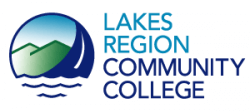Community colleges and the trades – unique programs such as fire science and electrical control and power technologies help keep us safe and secure
By Larissa Baia, president of Lakes Region Community College
Back in April, I wrote about the critical role community colleges play in training individuals in the trades, filling roles in industries that directly serve our communities. This is a bedrock role for our community colleges, including Lakes Region Community College (LRCC) in Laconia. It’s also essential for the economic development and stability of our communities. As we approached warmer weather and a returned to more normal activities such as dining out and travel, we highlighted our marine technology and hospitality programs.
What is truly special about our graduates is how many find excellent employment within our community. Some go on to own their own businesses. Still others come back full circle to teach and guest lecture at LRCC. These individuals also give back by serving on one of our many industry advisory boards that help our academic programs stay in tune to the latest developments in their industry.
With a great interest in ensuring that our trade programs continue to have enough student interest to fill key jobs across our communities, I wanted to highlight two more unique and in-demand programs that we offer at LRCC that provide essential services – fire science and electrical control and power technologies.
Many children want to be a firefighter early in life. The job looked like it was full of excitement, and the ability to go into a burning building and rescue someone seemed like it required superhero powers. The reality is, it is a profession that requires extensive training to truly understand the science behind fire and to gain the skills to successfully fight fires. All too frequently, we see the stories from the west coast of fires destroying towns and burning hundreds of thousands of acres. We can only sense the magnitude of these fires that brought smoky air all the way to New Hampshire for a few days in July. Fighting fires in a variety of different environments truly is a complex science.
Every city and town around the world relies on firefighters to keep people safe, mitigate emergencies and educate their citizens in fire prevention. In New Hampshire, LRCC is the only institution offering associate degrees in Fire Technologies. Thus, you shouldn’t be surprised if the firefighter or EMT responding to an emergency you experience graduated from the LRCC Fire Sciences program. We’re extremely proud of this unique program and of the hundreds of alumni who courageously serve the State and the region. Our program is recognized by the United States Fire Administration through the Fire and Emergency Services Higher Education Program and is currently ranked number four in the United States out of 221 colleges offering this degree.
That ranking is primarily due to our faculty. Department Chair, Nick Mercuri, is an experienced firefighter, lieutenant paramedic and ER nurse, and most recently served as chief of strategy and planning for the New Hampshire Division of Fire Standards and Training and EMS for the New Hampshire Fire Academy. Nick brings a wide range of perspectives and skills to LRCC. His vision for the future of our educational programming foresees a greater confluence and alignment of fire services and emergency medical services. Nick came to LRCC this past January after retiring from the New Hampshire Fire Academy, for all the right reasons – he wanted to give back to the profession and train the next generation of firefighters and EMS providers.
Our programs feature certificate and associate degrees in both fire protection and fire science. Positions in the fire protection field typically include code enforcement officers and fire inspectors within a department. Positions in the fire science field typically are firefighters and EMS responders, such as EMTs, advanced EMTs and paramedics.
Another profession within the trades that faces a high demand right now are electricians. How often do you hear someone asking for a recommendation for an electrician? There will continue to be future opportunities for electricians–about 55% of electricians are over 40, many are approaching retirement and this job is expected to grow by 8.4% from 2019 to 2029, according to the U.S. Bureau of Labor Statistics.
LRCC’s Electrical Power and Control Technologies (EPCT) degree program prepares students for varied careers in the electrical industry. Opportunities for industrial electricians exist in construction, power and alternative energy companies, resorts, repair shops and much more. Our offerings include certificate and associate degree programs in EPCT and in Electrical Systems Installation and Maintenance. Completion of the program satisfies all the related education requirements for electrical licensing within the State of New Hampshire.
Recent graduates of these programs have found gainful employment at local companies such as New Hampshire Ball Bearing and Eptam Plastics. Several of our program graduates have opened their own businesses in the region. Those business include Hutchins Electric in Gilford, Brooks Electric in New Durham, WJD Electric in Ossipee, Linden Electric in Bristol and Bishop Electric in Dover.
Our faculty members in the program have hands-on experience. Take Keith Fletcher for example. He graduated from LRCC, enjoyed a successful career for nearly 20 years and honed his skills at a large company where he learned electrical estimating. A discussion with former VP of Academic Affairs, Thomas Goulette, led Keith to apply for an open faculty position in the program. He joined us in 2006 and since then has been giving back to the next generation by sharing his knowledge and expertise.
The stories Keith and Nick can bring from the field to the classroom are hidden gems for our students. As successful individuals with direct career experience, they can build on the technical knowledge learned in class and talk about real-world applications, daily challenges to apply this knowledge and the satisfaction that they get when solving a technical problem.
Keith and Nick epitomize the model of a community college faculty member. They are successful professionals who are passionate about using their skills to open doors for others and to ensure the transfer of knowledge that keeps our communities vibrant and prosperous. It is inspirational to see their commitment not only to LRCC and its students, but to the industries they represent which are critical to our economy and local communities.
Larissa Baía is the president of Lakes Region Community College, a fully accredited, comprehensive community college in the Lakes Region that serves over 1,200 students annually.



